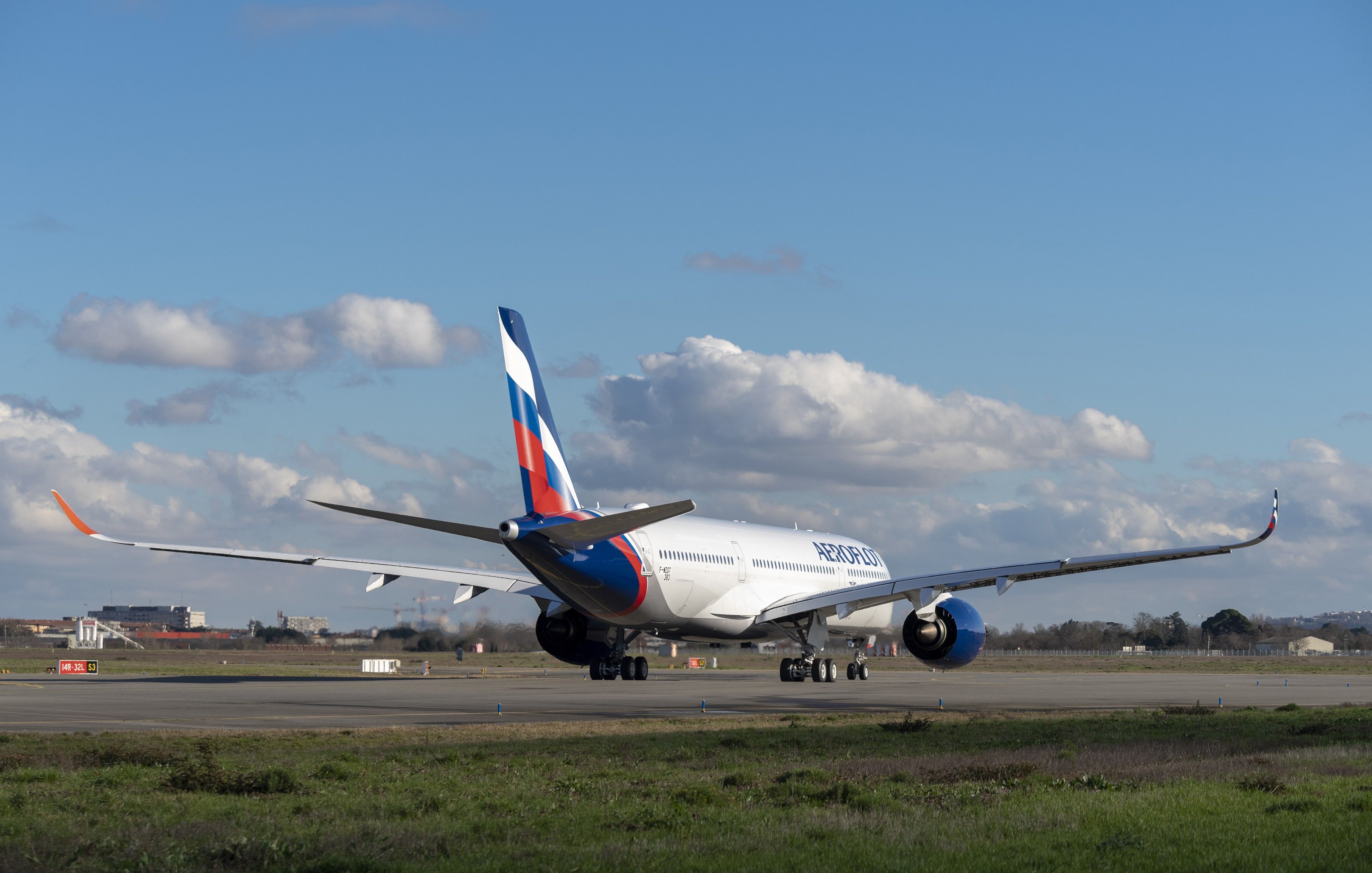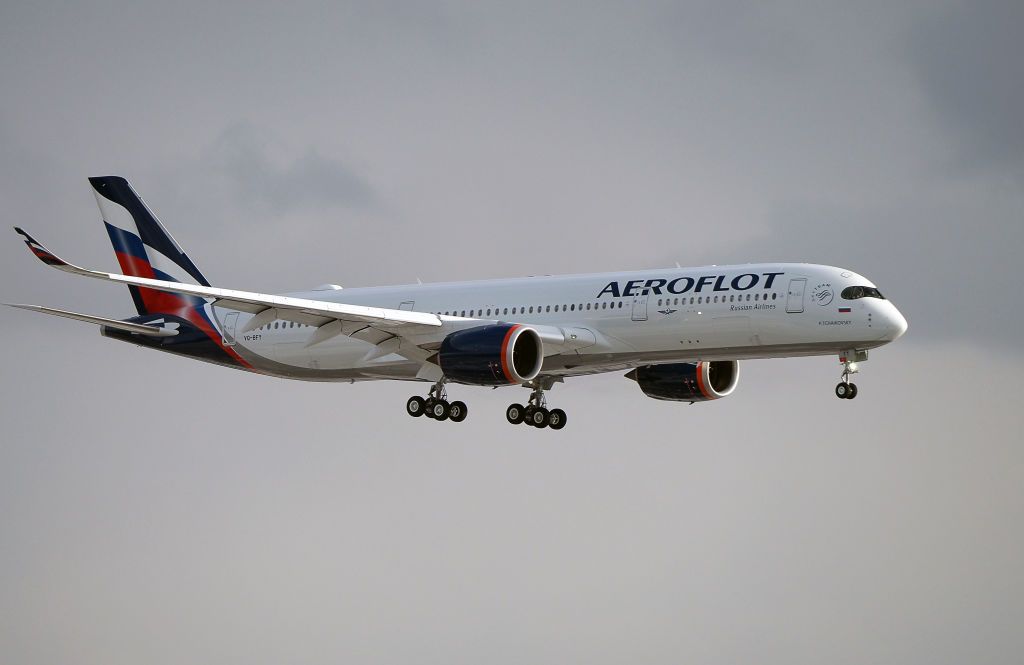Airlines flying into London know very well just how valuable landing rights are at the city’s major airports such as Heathrow and Gatwick. But shelling out top dollar isn’t the only requirement to retain those slots; airlines must maintain a minimum usage to retain landing rights. One airline that currently finds itself in a predicament is Russian carrier Aeroflot, which can no longer fly into the UK and use its slots at LHR.
Coveted LHR slots
Obtaining a slot at London Heathrow does not come easy. Airlines can go to various lengths (sometimes paying eye-watering amounts) to get highly prized peak-hour slots and don’t mind flying empty planes to cling on to them.
In 2016, Oman Air made one of the most expensive LHR deals to date, buying a pair of slots from Air France-KLM for $75 million. This was for a highly sought-after early morning arrival slot.
While the pandemic may have caused the value of some slots to dip and provided opportunities for many carriers to explore LHR, the airport remains one of the most sought-after in the world.
Russian flag carrier Aeroflot holds 70 slots at London Heathrow for the 2022 summer season, according to the Airport Coordination Limited (ACL), easily putting it above several airlines that operate out of the airport. But with the UK banning Russian carriers from entering the country, what will happen to Aeroflot’s LHR slots?
Use it or lose it
In pre-COVID times, airlines were required to operate 80% of their allocation or risk losing the slots. While this rule was scrapped during the peak of the pandemic to help struggling airlines, it has gradually made a comeback.
Airlines scheduled to fly into Britain’s busiest airports must utilize at least 70% of their schedule this summer or give up the valuable slots. This has not gone down too well with most airlines who are having to fly ghost flights to many key airports just to maintain their landing rights.
In 2021, passengers traveling through LHR dipped to 19.4 million, the lowest in 50 years. Such is the lure of Heathrow that airlines are still forced to fly near-empty planes to the airport, financial and environmental implications notwithstanding.
But Aeroflot finds itself in a tricky situation. Its 70 slots at LHR became unusable overnight, with the UK banning all Russian airlines. With the carrier seemingly not returning to London for the foreseeable future, is it staring at the prospect of losing its place at LHR?
UK-Russia Air Service Agreement
The bilateral Air Services Agreement between the UK and Russia covers all matters concerning air transportation between the two countries. As explained in a Kluwer Law Online journal, access to London Heathrow has dictated the development of the agreement over the years.
Russia has often leveraged its airspace for UK carriers in exchange for more Moscow-London frequencies for Aeroflot. The service agreement has been shaped by Russia agreeing to Siberian overflight rights by securing slots for Aeroflot at Heathrow.
Russia could have relied on the agreement during normal times to settle such disputes. But the conflict in Ukraine has made it clear that all bets are off. As we’ve seen in the past, important slots at LHR don’t remain vacant for long, with hawk-eyed airlines often closing in to capitalize on the opportunity at the first hint of availability.
With no signs of Aeroflot returning to London anytime soon and the “use-it or lose-it” rule in place, things aren’t looking very bright for the Russian carrier.


.jpg)
